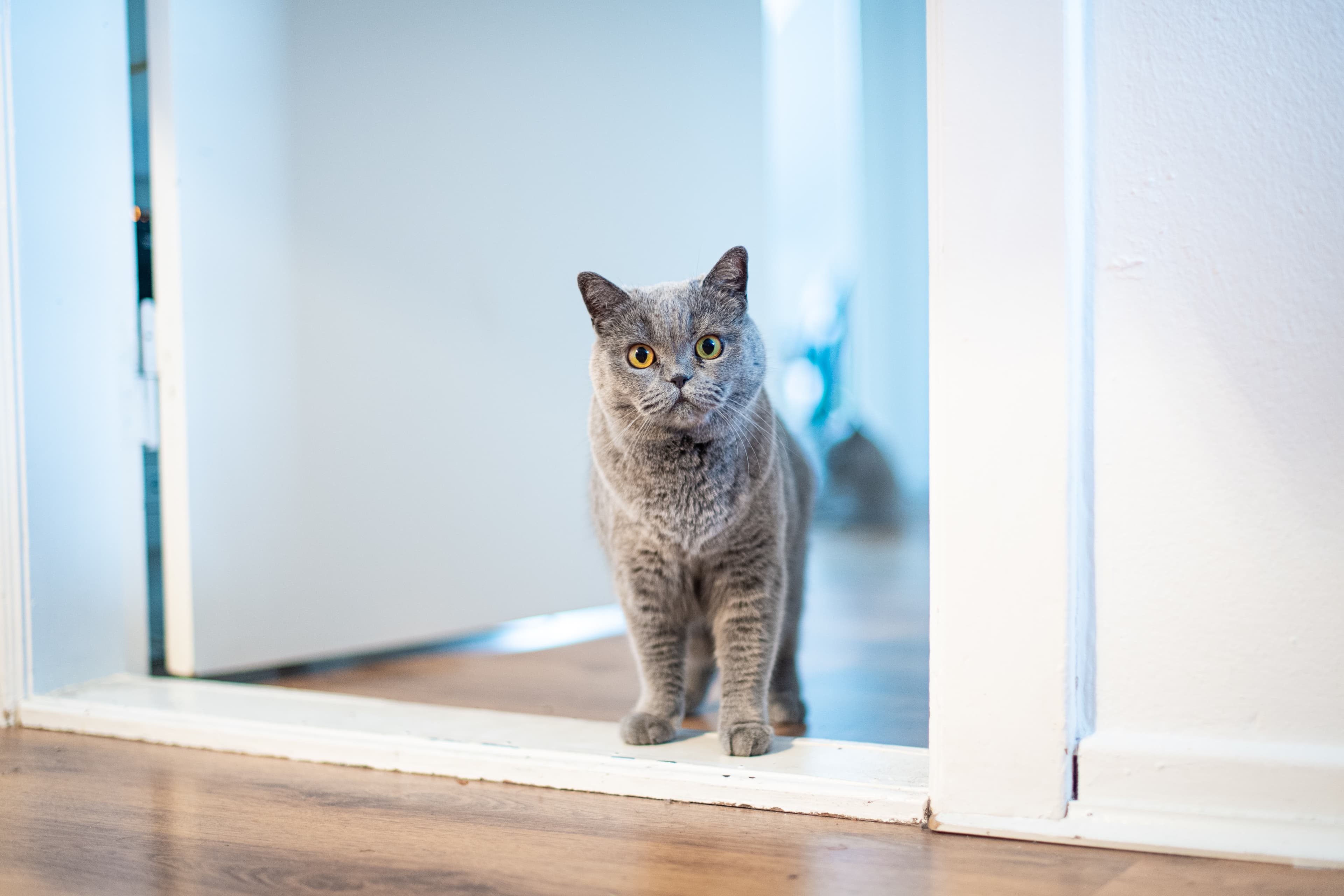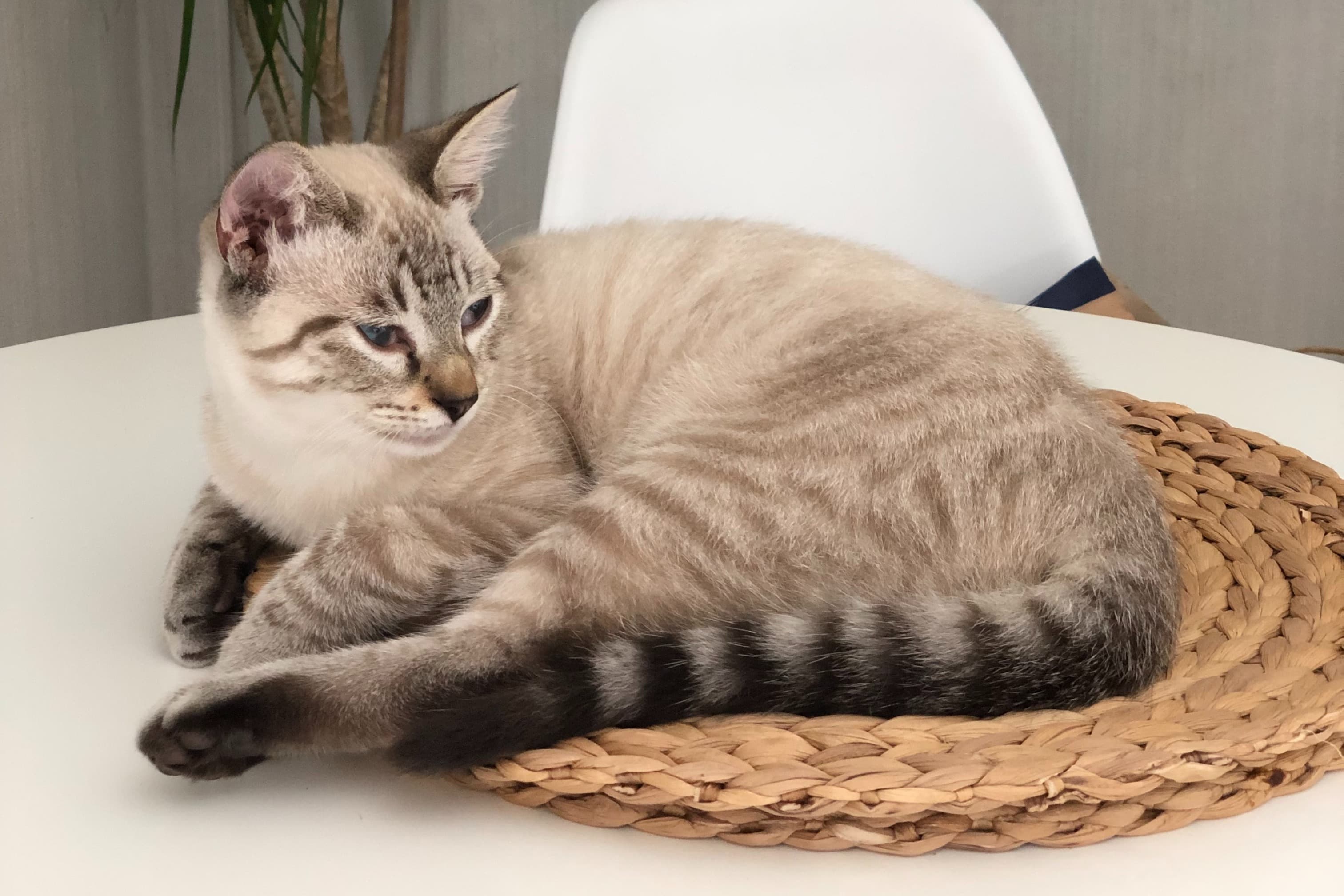Salmonella in cats
Salmonella is an intestinal bacterium that can be transmitted between animals and humans. Young cats with compromised immune systems are most likely to be infected. In Sweden, the spread of infection in cats is worst during winter and early spring.
Spread of salmonella
Late winter is the time when the risk of small birds carrying salmonella bacteria is greatest. This means that cats that come into contact with birds are at risk of contracting the desease. The infection can also be spread through the faeces of affected animals or through raw food.
Symptoms
Cats can get different types of symptoms from salmonella bacteria, some cats get mild symptoms or no symptoms at all. While other cats may have symptoms such as:
Vomiting
Fever
Diarrhea (may be bloody)
Reduced appetite
Dehydration
If you notice any of these symptoms, it is recommended to contact a veterinarian for examination. If the cat is affected by salmonella, it will be shown by stool tests.
Treatment of Salmonella
Many cats usually recover without treatment. In severe situations, the cat may need to be put on an IV to help treat the infection. While the cat is sick, hand hygiene is important as Salmonella can affect humans also.





